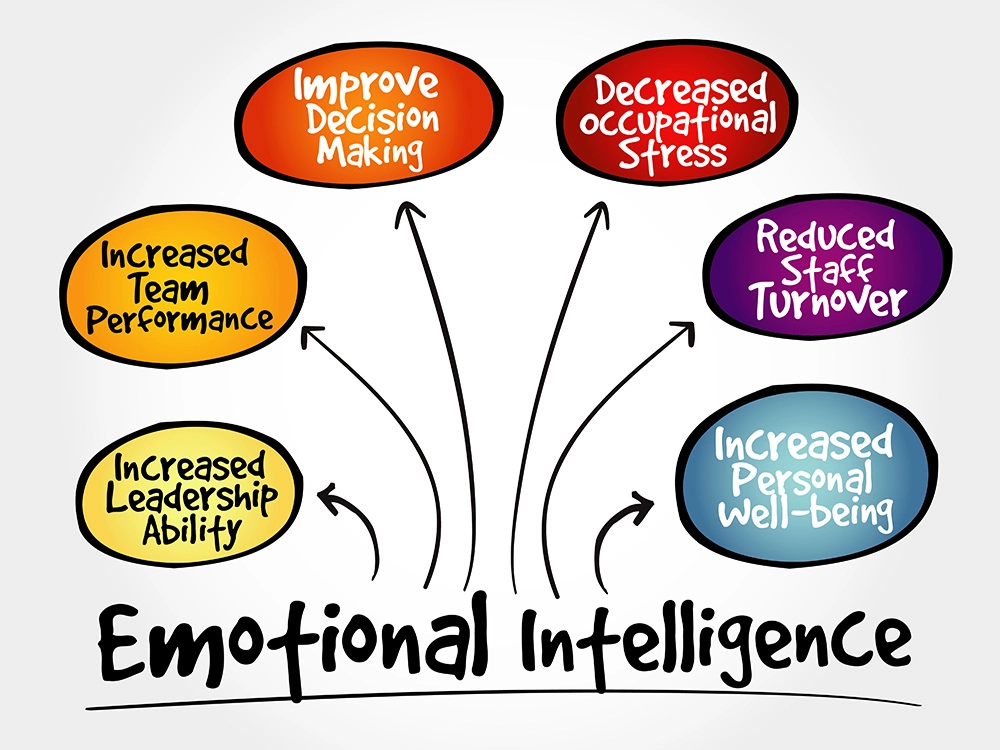Why Empathy Matters & How to Encourage Empathetic Leadership
It’s critical for companies to hire and develop more effective managers and leaders capable of moving their organization forward during both good and challenging times. That requires looking beyond traditional strategies for management development and cultivating the skills most important for success. One of those skills, perhaps unexpectedly, is empathy — a vital leadership competency. Empathetic leadership means having the ability to understand the needs of others, and being aware of their feelings and thoughts. Unfortunately, it has long been a soft skill that’s overlooked as a performance indicator. Our research, however, has shown that today’s successful leaders must be more “person-focused” and able to work well with people from varying teams, departments, countries, cultures, and backgrounds. To determine if empathy influences a manager’s job performance, we analyzed data from 6,731 managers in 38 countries. As noted in our white paper, we found that empathy in the workplace is positively related to job performance. In other words, managers who practice empathetic leadership toward direct reports are viewed as better performers in their jobs by their bosses. The findings were consistent across the sample: those managers who were rated as empathetic by subordinates were also rated as high performing by their own boss. The ability to be compassionate and connect with others is critical to our lives, both personally and professionally. Demonstrating empathy in the workplace — a key part of emotional intelligence and leadership effectiveness — also improves human interactions in general and can lead to more effective communication and positive outcomes, in both work and home settings.Source: https://www.ccl.org/articles/leading-effectively-articles/empathy-in-the-workplace-a-tool-for-effective-leadership/




